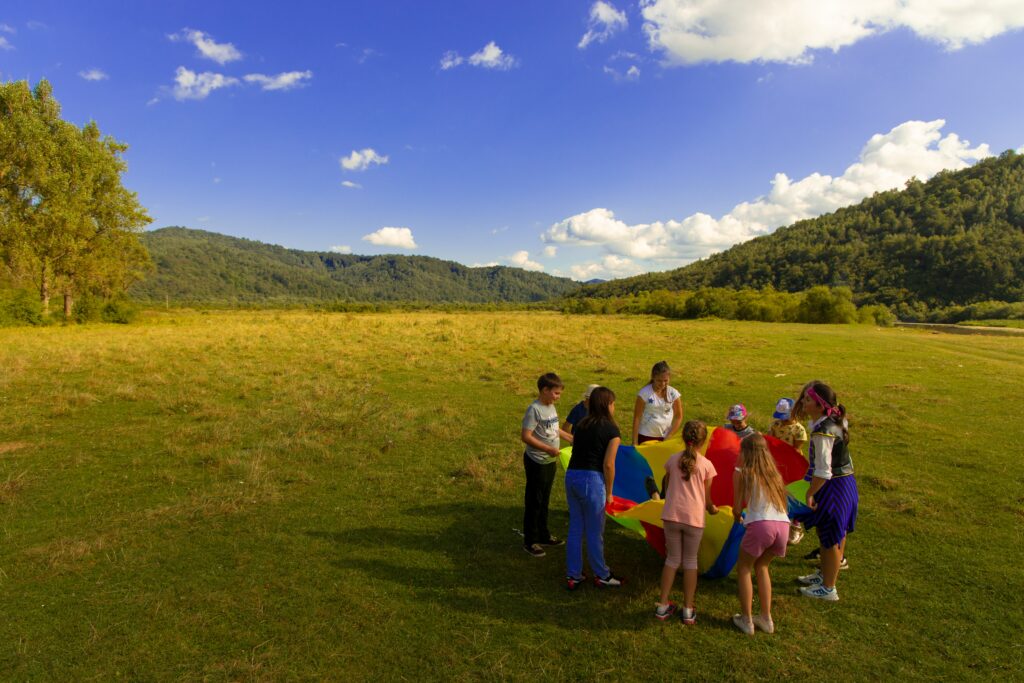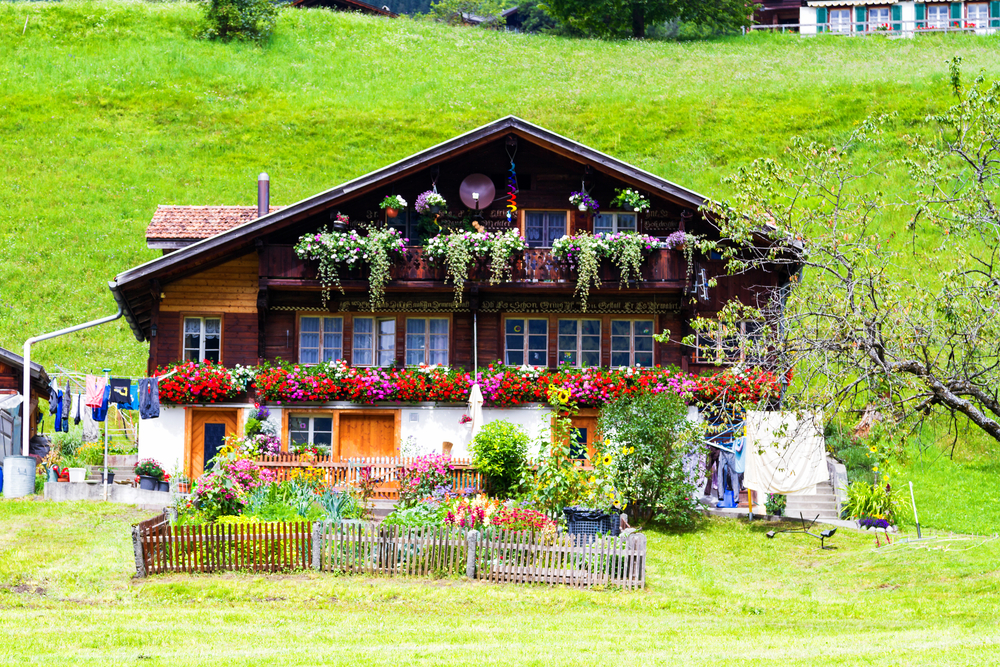الجمعة, نوفمبر 11th 2022
Sex education is not always an easy subject for parents. Still, the success of the eponymous Netflix series and the rise of TikTok sex educators have been bringing the conversation to the fore for young people. Yet it remains a controversial subject with diverging opinions, even in Switzerland.

Swiss students begin public schooling at age four and begin learning about bodily autonomy at age six.
In Lucerne, two ideologies are competing to redesign sexual education. A recent petition by the Socialist Youth (JUSO Lucerne) is requesting uniformity in the quality of sexual education in the canton and the reinvention of the curriculum. Subjects such as sexual and gender identities, interaction with pornography, consent, and emphasis on the protection of sexually transmissible diseases (STDs), among others, should be included to reduce taboos around sexual education. Stories of sexuality lessons given by former Catholic nuns, teachers blushing uncontrollably and the emphasis on HIV and pregnancy are some real-life experiences condemned by the youth group, asking for further funding from the local government.
This approach is at odds with the one promoted by the Protection Initiatives, who reportedly are trying to stop “LQTBQIA+ propaganda.” Based in Münchenstein outside Basel, the conservative group requests an emphasis on biology only and no sexual education before twelve years old, giving children the opportunity to “remain children.”

Like with many aspects of Swiss life, education varies from region to region with the biggest variations between the German- and French-speaking parts.
كيف وصلنا إلى هنا؟
How have such diverging initiatives come to co-exist in contemporary Switzerland? It has a lot to do with the political structure and devolution. The Swiss federal government promotes sex education to support sexual health and well- being, which is why all children in Swiss public schools receive education on the subjects. Rooted in the prevention of (STDs), sexual abuse and public health, the Swiss policy supports equal access to up-to-date and evidence-based information.
However, while every child attending school in Switzerland will receive sex education, the teaching methods differ in every canton, creating inequalities in access to information. The frameworks are governed by the Plan d’Études Romand in the French-speaking part of Switzerland, in the Lehrplan 21 in the German part and finally in the Linee Guida per l’Educazione Sessuale nella Scuola in the Italian region. Following these guidelines, each canton creates its approach based on the policies and decides whether to provide additional training to teachers. (Read more: What US schools could learn from Switzerland).

Learning about the ‘birds and the bees’ takes on a whole different meaning in a country that famously holds a lot of education in nature.
The progressive approach of the Romandie
Like many other aspects of Swiss life, the Röstigraben, or invisible border between the German and French parts of Switzerland also impacts sexual education. The canton of Geneva is known for its progressive approach to sexual education, with dedicated teachers specializing in the subject. The program uses a holistic approach and combines sexual and emotional education starting at primary school and continuing during secondary education.
Younger children focus on bodily autonomy, pregnancy, gender, and sexuality, whereas children in their early teens are taught to apprehend digital influences on sex and sexuality, prevent sexual violence, desire, sex, contraception, STDs prevention and personal rights. The overall program is covered over five lessons in different school years. (اقرأ المزيد: سحر النشأة في سويسرا).

For as traditional as Switzerland appears, their approach to sexual education may have helped keep teen pregnancy numbers low.
National statistics in a global context
Regardless of the differences in education, Switzerland has one of the lowest numbers of teen births between 15 and 19 years old, with less than three births per 1000 women. The German comparison is eight, whereas in the UK, it is 13. The latest data on chlamydia from 2020 shows a prevalence of 129 per 100,000 inhabitants, significantly lower than the US average of 481 or the French total of 225. Finally, a similar picture is seen in HIV transmissions as new infections have been dropping since 2002, with less than 300 cases identified in 2020.
Successful after all?
So, does this mean that the Swiss approach to sex education works? Several other factors may be at play here: the high quality of life, access to free education and the overall highly qualified population, and excellent public health and health care. Yet sexual education is so much more than just teaching about sex – it can be an opportunity to reduce sexual harassment by reinstating the importance of consent and respect and improving everyday life for all.
يمكن مشاركة هذه المقالة وإعادة طباعتها مجاناً، شريطة أن تكون مرتبطة بشكل بارز بالمقالة الأصلية.
